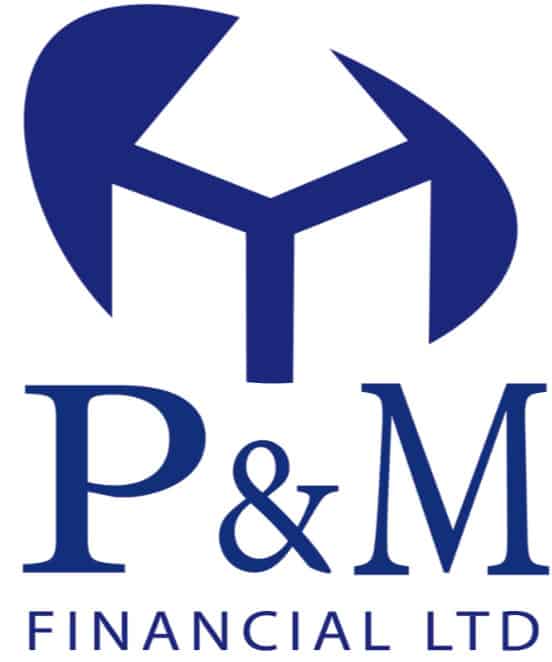
Understanding Mortgages: A Comprehensive Guide to Home Financing
Buying a home is often one of the most significant financial decisions a person makes in their lifetime. For many, this journey involves navigating the complex world of mortgages. In this guide, we’ll explore the fundamental concepts of mortgages and how they work, helping you make informed decisions on your path to homeownership.
What is a Mortgage?
At its core, a mortgage is a type of loan specifically designed for the purchase of real estate. Unlike other loans, such as personal loans or car loans, mortgages use the property being purchased as collateral. This means that if the borrower fails to make payments, the lender has the right to take possession of the property through a legal process known as foreclosure.

How Does a Mortgage Work?
Loan Application:
The mortgage process begins with a loan application. Prospective homebuyers provide detailed information about their income, employment history, credit score, and other relevant financial details.
Pre-Approval:
Once the application is submitted, the lender assesses the borrower’s financial health. Pre-approval, though not a guarantee of a loan, provides an estimate of how much the borrower can afford and enhances their credibility in the real estate market.
Property Appraisal:
Before finalizing the loan, the lender typically requires an appraisal of the property. This ensures that the property’s value is sufficient to cover the loan amount.
Down Payment:
The borrower is usually required to make a down payment, a percentage of the property’s purchase price paid upfront. The size of the down payment can influence the terms of the mortgage.
Principal and Interest:
The borrowed amount, known as the principal, is repaid over the loan term. Interest is the cost of borrowing, and the combination of principal and interest determines the monthly mortgage payment.
Amortization:
Mortgages often follow an amortization schedule. In the early years, a larger portion of the monthly payment goes toward interest, while over time, more is applied to the principal.
Interest Rate:
The interest rate on a mortgage can be fixed or adjustable. A fixed-rate mortgage maintains the same interest rate throughout the loan term, providing predictability. Adjustable-rate mortgages (ARMs) have fluctuating interest rates that can change at specific intervals.
Private Mortgage Insurance (PMI):
If the down payment is less than 20%, the borrower may need to pay for PMI. This insurance protects the lender in case of default and is usually required until a certain level of equity is reached.
Closing Costs:
When finalizing the purchase, there are additional costs, known as closing costs. These include fees for services such as appraisal, title search, and legal documentation.
Default and Foreclosure:
Failing to make mortgage payments can lead to default, which may result in foreclosure—the legal process through which the lender reclaims the property.
Empowering Homeownership Through Understanding
In summary, a mortgage is a powerful tool that enables individuals to achieve the dream of homeownership. It’s a financial commitment that requires careful consideration of various factors, from interest rates to down payments. Understanding the intricacies of mortgages empowers individuals to make informed decisions, ensuring a smoother and more successful journey toward owning a home.
As you embark on this exciting venture, remember to consult with mortgage professionals, financial advisors, and real estate experts to tailor your mortgage experience to your unique circumstances. With knowledge as your guide, you’ll be well-prepared to navigate the complexities of the mortgage landscape and turn the key to your new home with confidence.
Give the team at P&M Financial a call today!
0800 634 9250 ☎️
